Not too long ago, this thread on Reddit got us thinking. OP is right. We hear all about the companies that are ruining the world/environment/economy/politics, but we never hear about the companies working to make the aforementioned better. The thread inspired us to do some research of our own into some of the claims and shine a light on the companies who deserve it. These are our favorite ethical companies operating today.
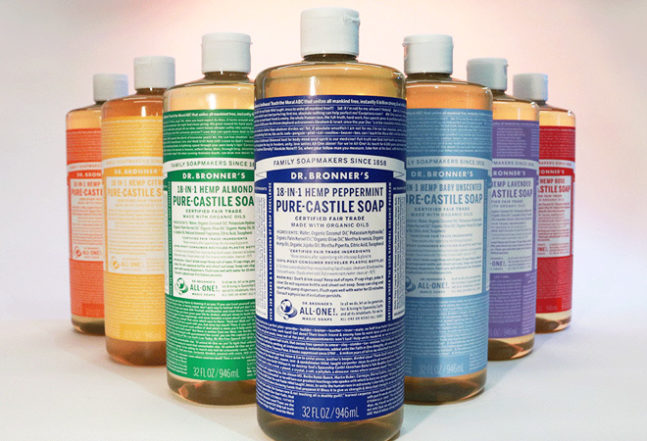
Dr. Bronner’s
The main thing that sticks out to us about how Dr. Bronner’s operates is the cap on executive salaries, keeping the ratio at five to one. They do a lot of other things right, but the fact that they have such a strong commitment to keeping wages fair is rare. To put it in perspective, James Dimon, CEO of JP Morgan Chase & Co., made $28.3 million in 2017, while the bulk of JP Morgan employees make between $45,000 and $145,000 a year. Could you imagine Dimon dropping his compensation down to $650,000 a year just to match the top end of the range? Or, even less likely, giving his employees a $5 million raise? It’d be the end of the banking world if any of those “too big to fail” places adopted any kind of executive salary cap or ratio program. You have to respect Dr. Bronner’s for recognizing employees deserve money too.
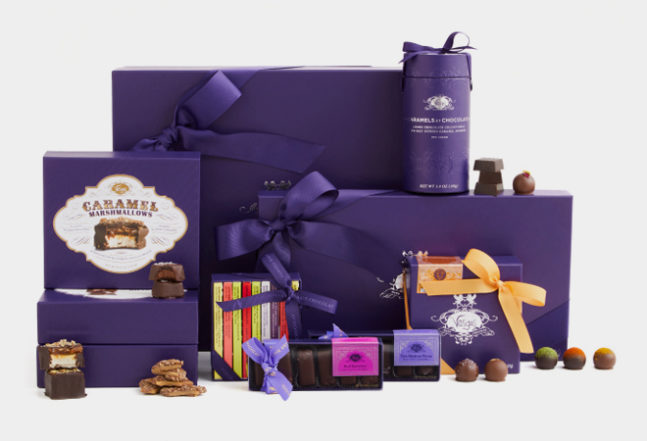
Vosges Chocolate
We didn’t know it, but apparently slavery, or at least slave labor conditions, is still a huge issue in the chocolate industry. Not that we’re trying to depress you while you sneak a candy break or enjoy your dessert, but it may be time to start checking the labels on your chocolate. Luckily, as people become more educated on the issue, it’s becoming easier to buy responsibly sourced chocolate, so don’t let the guilt wrack you too much. Vosges is one such company, bringing their slavery-free ethos to every ingredient they use in their chocolate. Which can’t be easy, seeing as how the company specializes in weird combinations and odd flavors. The effort’s clearly worth it though.
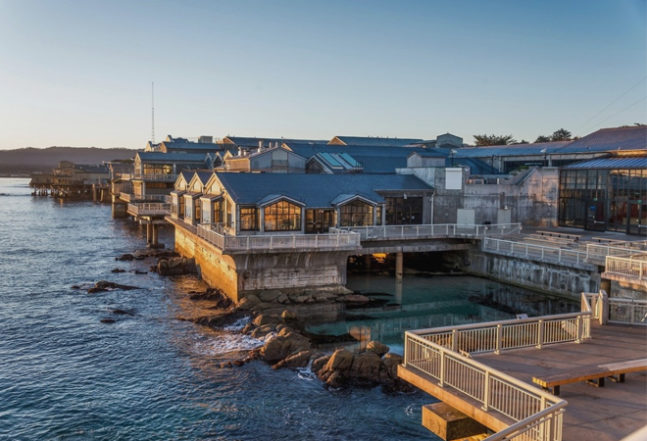
Monterey Bay Aquarium
The Monterey Bay Aquarium takes its responsibility as an education institution very seriously. They’re constantly running programs on overfishing and the dangers plastics pose to the oceans, two lessons the world needs to learn quickly if there’s going to be any hope of our grandchildren enjoying fish without picking Happy Meal toys from between their teeth. Beyond that, they fund marine research, actively monitor sea life, and run successful rehabilitation programs for animals who may have been lost or abandoned.
They’ve even designed an app to keep you informed about sustainable fishing. It’ll tell you what species’ populations allow them to be sustainably fished and where you can get them. The app is easily the best way to hold yourself to responsible consumption without stressing you out about what you can and can’t eat and the research you need to do to find out. They already have the knowledge, so they might as well make it easy for the rest of us. App
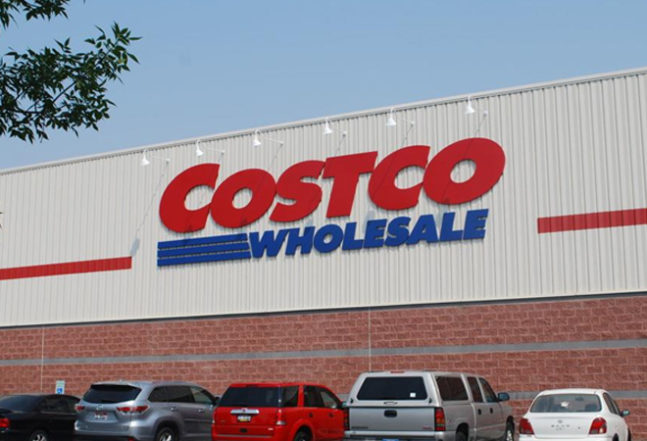
Costco
Costco is probably the company that jumped to mind when you first saw this article’s title. The company’s approaching legendary status in customer service, employee treatment, and product quality (particularly with their own Kirkland brand products), almost to the point where they have to be hiding something. If this was a movie, there’d be a Satanist murder cult hanging around everyone’s local branch. But it’s not, so we can keep shopping guiltlessly.
Every employee at Costco gets benefits, even the part-timers, who are basically tax havens for other companies. Starting pay generally falls around $12 an hour, well above federal minimum wage, with stock options and employee benefits letting you use that base pay to actually live your life instead of subsist on the bare minimum.
Finally, Costco’s product markups are significantly smaller than competing companies. Where most companies like to say they provide the best products at the best prices, simple math shows Costco actually does it. The estimates we’ve seen put their markups around 10 percent, where Walmart or Target are closer to 30 or 40 percent. These are also all markups on products Costco has investigated themselves to see if the supplier is a company Costco would want to work with. So far, we haven’t seen a place where Costco prioritizes profit or their investors over their employees or customers.
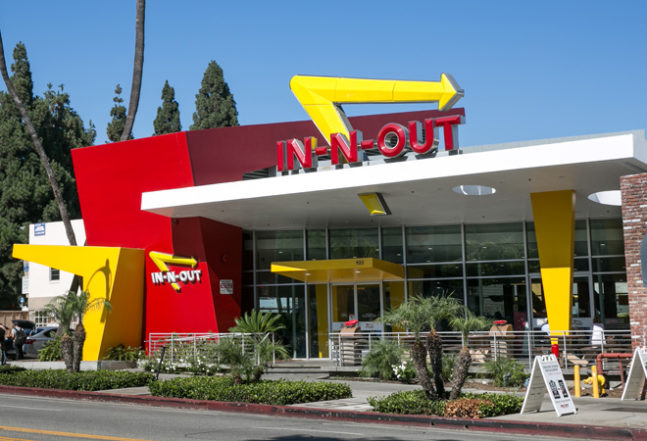
In-N-Out
Everyone’s go-to insult for why you should go to college is “You don’t want to be flipping burgers, do you?” Counter argument. If someone had told us flipping burgers for In-N-Out was so lucrative, we might not have gone to college. The company’s main strength is how well it pays. Employees start at $13 an hour and, if they stick around (which they probably will), have a reliable opportunity to get to six figures as a store manager, who make an average of $160,000 per year. That’s almost 50 grand more than tech industry employee average in Silicon Valley.
It kind of puts condescension in perspective for you. Silicon Valley bros could walk into an In-N-Out and ridicule the far more successful guy behind the counter, then go back to their job that treats them like thought criminals in 1984. And that’s after the Silicon Valley guy dug himself a grave of student debt, which no In-N-Out employee had to do. In fact, the more we write about them, the more it makes sense for us to just move out to California and work for In-N-Out. A couple years of hard work and we’ll be sitting on a huge pile of burger cash.
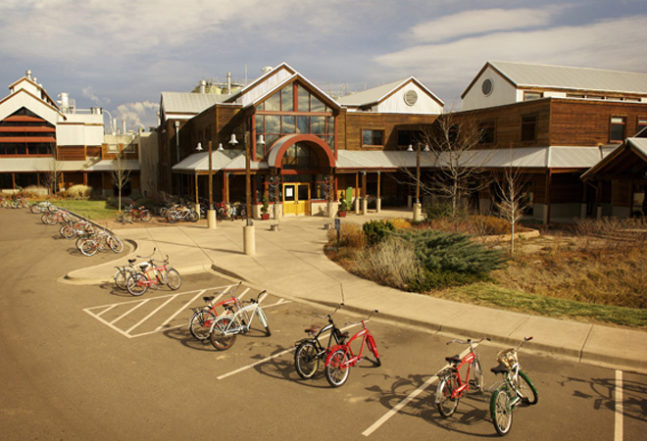
New Belgium
We can’t remember exactly when or where it was that we found out New Belgium was an employee owned company, but as soon as we did, we made them one of our go-to breweries. It was an easy decision to make. They brew great beer at the right price and when we buy from them, we know we’re supporting a company that doesn’t have the same problems other craft brewers are encountering. In fact, New Belgium was at the front of what seems to be a new trend in the industry, one that fights against those problems we just mentioned. Craft breweries are going employee owned at a surprising rate, with all the benefits New Belgium’s experienced and the added one of having more defense against AB InBev or MillerCoors buyouts.
But if you want some primary sources, listen to New Belgium employees talk about finding out their brewery was sold and who it was sold to. There was also an aspect of employee ownership about the company, but as soon as they became an ESOP (Employee Stock Ownership Plan), job satisfaction went up, employees took a more active, educated role in running the day-to-day, and loyalty improved across the board. The more we learn about becoming an ESOP, the more we wonder why everyone doesn’t do it. Besides greed, we mean.
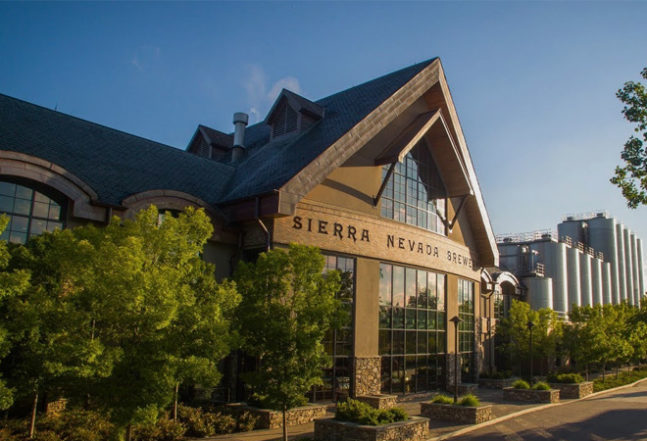
Sierra Nevada
Let’s stick with breweries for a little while. Beer of any quality made at any scale larger than home brewing is much more resource intensive than we imagined. Water’s used at a 3.25 to 1 ratio, which means it takes 3.25 gallons of water to make a gallon of beer. Growing barley requires constant attention, as well as fertilizers and pesticides, two things that famously have hugely negative environmental impacts. Then you have glass and transportation to consider, which means you’re burning fossil fuels for both, as well as for your whole brewing operation in the first place. The waste adds up quickly.
Sierra Nevada isn’t happy with that and has been working its ass off to reduce its environmental impact. Their agricultural efforts actively trap nitrogen and they rotate crops to reduce fertilizer use. They’ve changed their landscaping to fit California’s natural environment instead of forcing nature to bend to their whims. They produce their own power through a combination of solar power and highly efficient natural gas microturbines, have Tesla battery packs to store and distribute extra power, and divert waste heat from energy generation to their production line. They’ve hit 99.8 percent waste diversion, which means they’re sending next to nothing to the landfill. They have such little impact on the environment it’s hard to believe they’re making anything at all, let alone some of the best beer on the craft scene.
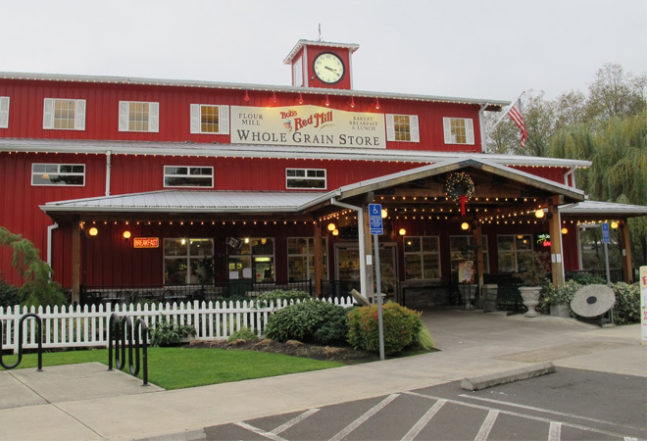
Bob’s Red Mill
Now let’s get back on the subject of employee owned companies. Roughly eight years ago, Bob Moore turned his company, Bob’s Red Mill, purveyor of all things turned into flour, into an ESOP, similar to how New Belgium operates. The difference here was Bob did it as a retirement gift from himself to his employees. He gave a heartwarming interview on ABC after he did it and we have to commend his commitment to being a good person. The interview is one of the most genuine things we’ve seen on TV in our entire lives. This is clearly a man who is thankful to his employees for supporting him and his business and who thought the only way he could return the favor is by gifting them the company they built. As he puts it, no business in America is successful without its employees, so while he may have founded the company, by the end, he thought it really belonged to the workers.
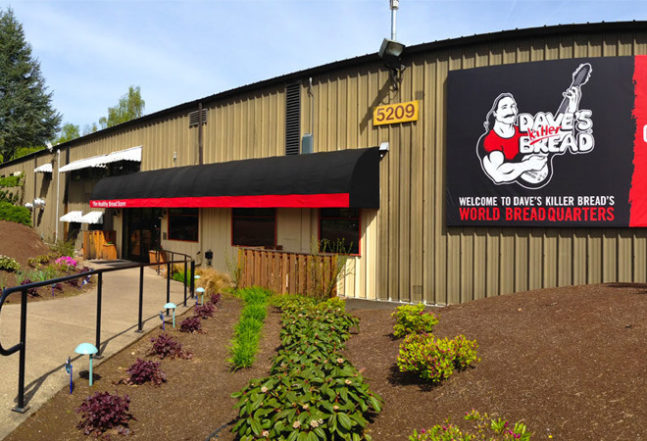
Dave’s Killer Bread
Having any kind of prison sentence on your record is a quick and easy way to get your job application completely disregarded. It so pervasive that multiple articles have been written about why your business should hire ex-cons, most of them point out there are financial incentives or programs out there that benefit them as much as whoever they’re supposed to be hiring. Obviously we’re talking in an ideal world here, but how do you need that many articles to convince yourself to be a decent human being and give someone a job.
That’s why Dave’s Killer Bread is refreshing. Dave is an ex-con himself and makes it a priority to give motivated ex-cons looking to rehabilitate themselves and get back into the workforce an opportunity. Recent figures estimate up to a third of Dave’s Killer Bread employees have some kind of criminal background, making the company one of the leading forces in fighting recidivism. And if you need some simpler proof hiring these guys is a good idea, taste the bread. It’s better than you—with your spotless record—could have made at home.




